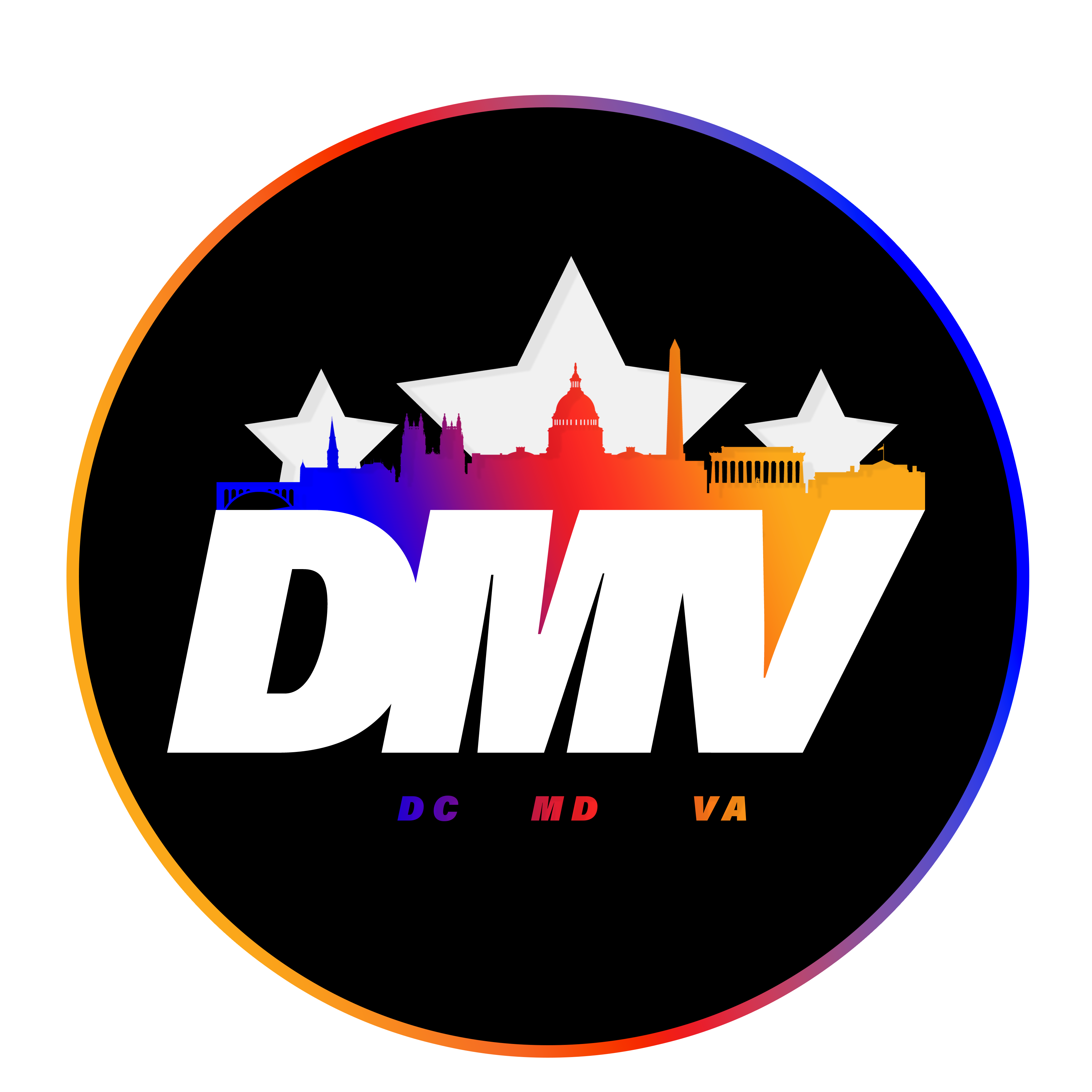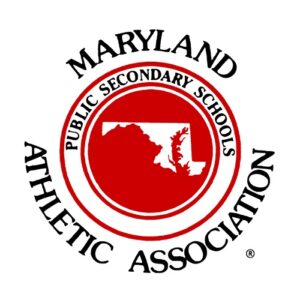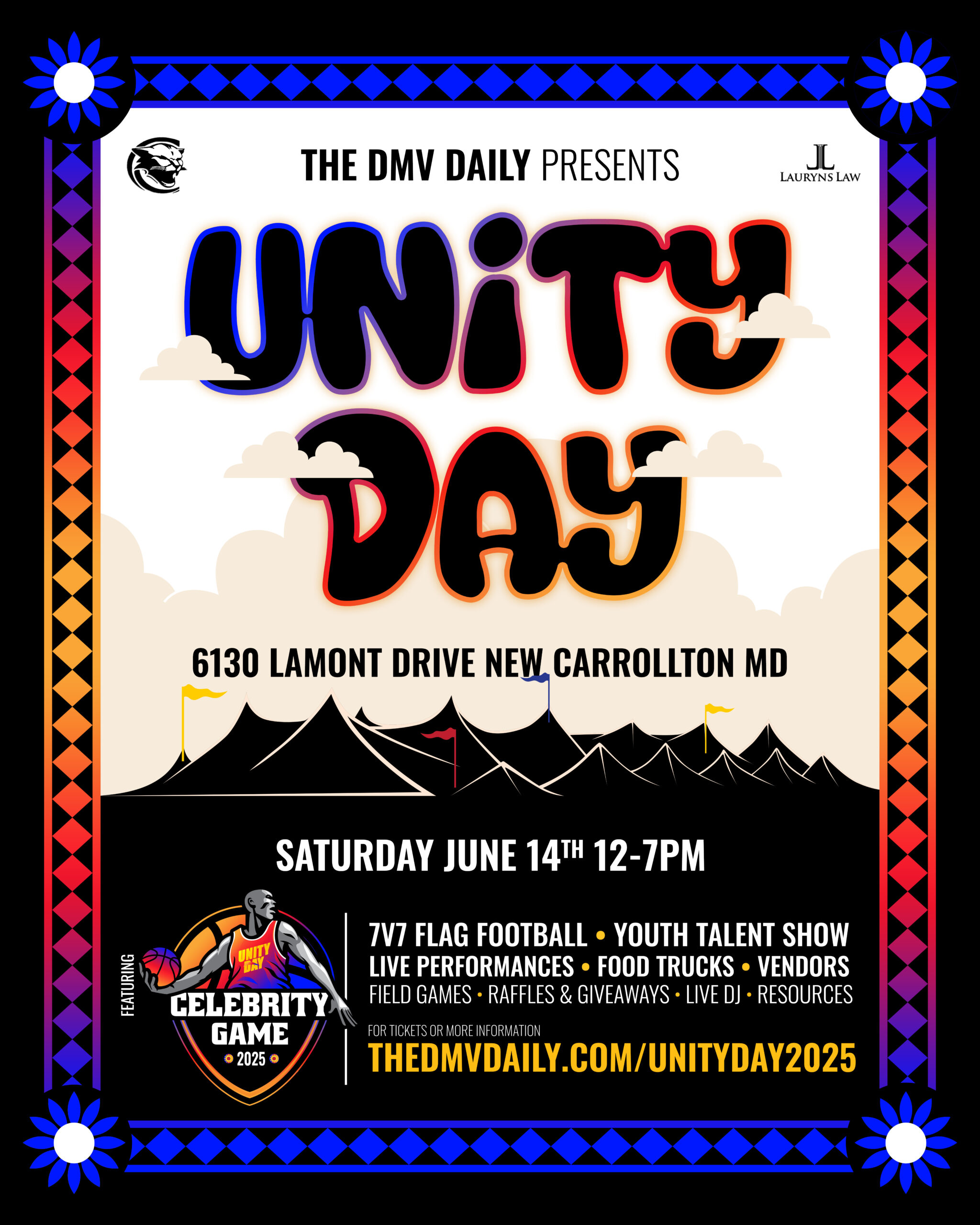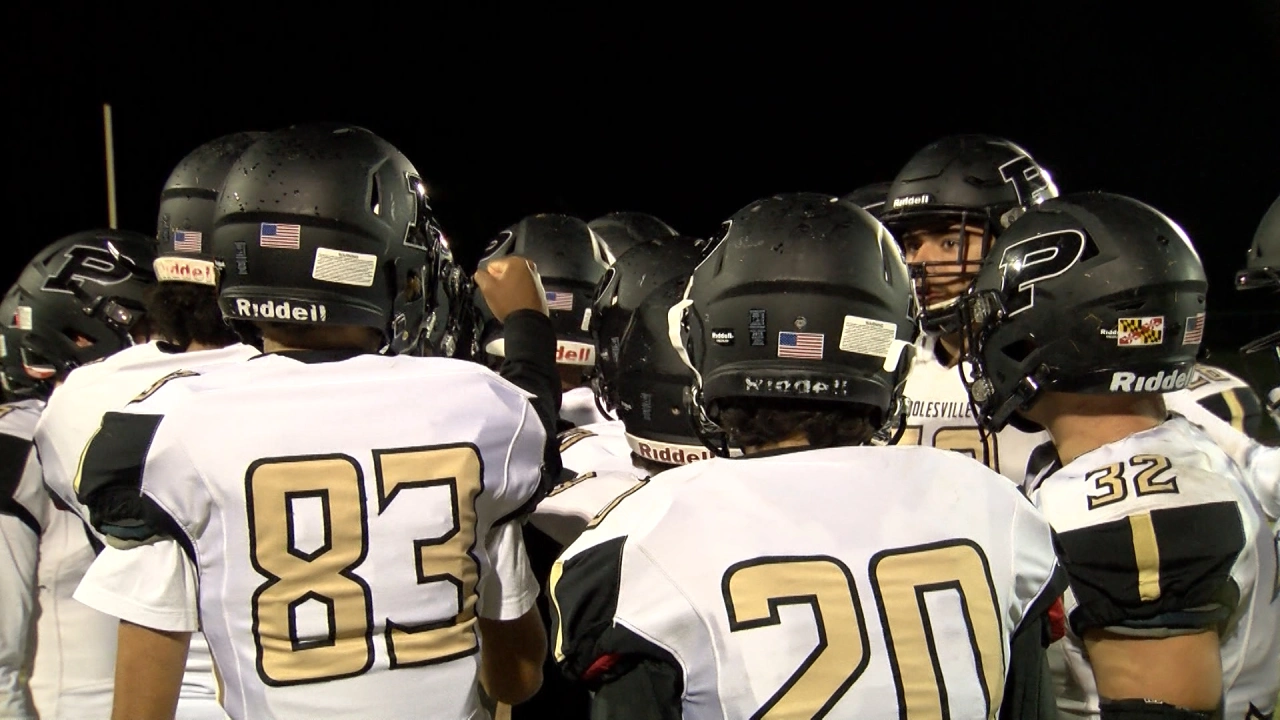
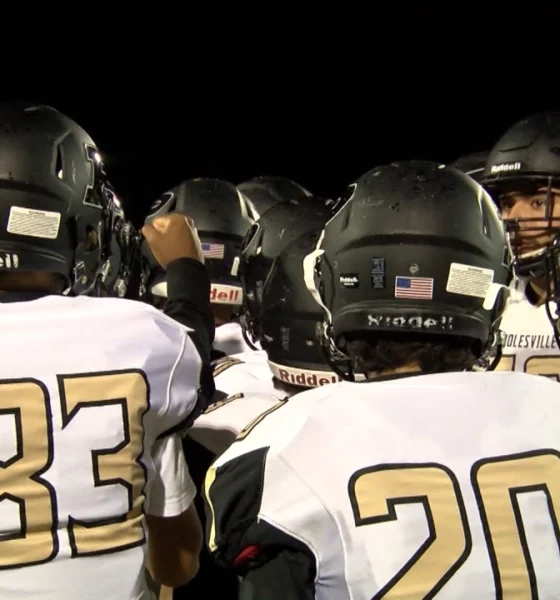
Maryland News
Maryland Becomes 24th State To Allow NIL For High School Athletes
Maryland has joined the ever-growing list of states allowing high school student-athletes to participate in NIL activities without losing eligibility. Last week, the Pennsylvania Interscholastic Athletic Association passed an amendment allowing NIL deals for high school athletes. Then a day later, the Tennessee Secondary School Athletic Association did the same thing.
On Tuesday, the Maryland Public Secondary Schools Athletic Association officially became the 24th organization to permit high school athletes to monetize their NIL and maintain their eligibility. The policy in Maryland mirrors many of the states that have made changes to their handbooks and guidelines in 2022.
Under the new policy, it is permissible for student-athletes to financially gain from the use of their own NIL in commercial endorsements, promotional activities, social media presence, product or service advertisements or NFTs. Much like in other states, student-athletes must keep their NIL activities and participation in interscholastic activities separate.
However, there are a few noticeable differences with the new MPSSAA policy (click link to see PDF of the policy).
For example, the guidance prohibits high school student-athletes from doing NIL deals to promote video games. Plus, the MPSSAA becomes the first state association to outright prohibit the formation of collectives – groups of boosters that support schools through NIL activities – by employees, contractors and vendors of member schools.
Maryland NIL prohibitions catch experts’ attention.
NIL experts said, “the differences in the Maryland policy were definitely eye-opening.”
“The video game prohibition is unique,” said Mit Winter, a sports attorney at Kennyhertz Perry LLC.
That section of the guidance also prohibits deals to promote mobile devices. I’m guessing the high school activity association views them as potentially harmful to the mental health of young people and doesn’t want athletes promoting those things. The collective part is also unique. It won’t stop a collective from potentially being formed by a third party. But it will prohibit school employees and volunteers from interacting with a collective. It’s similar to provisions that were originally in some of the state NIL laws but have later been removed.”
Source: on3.com
